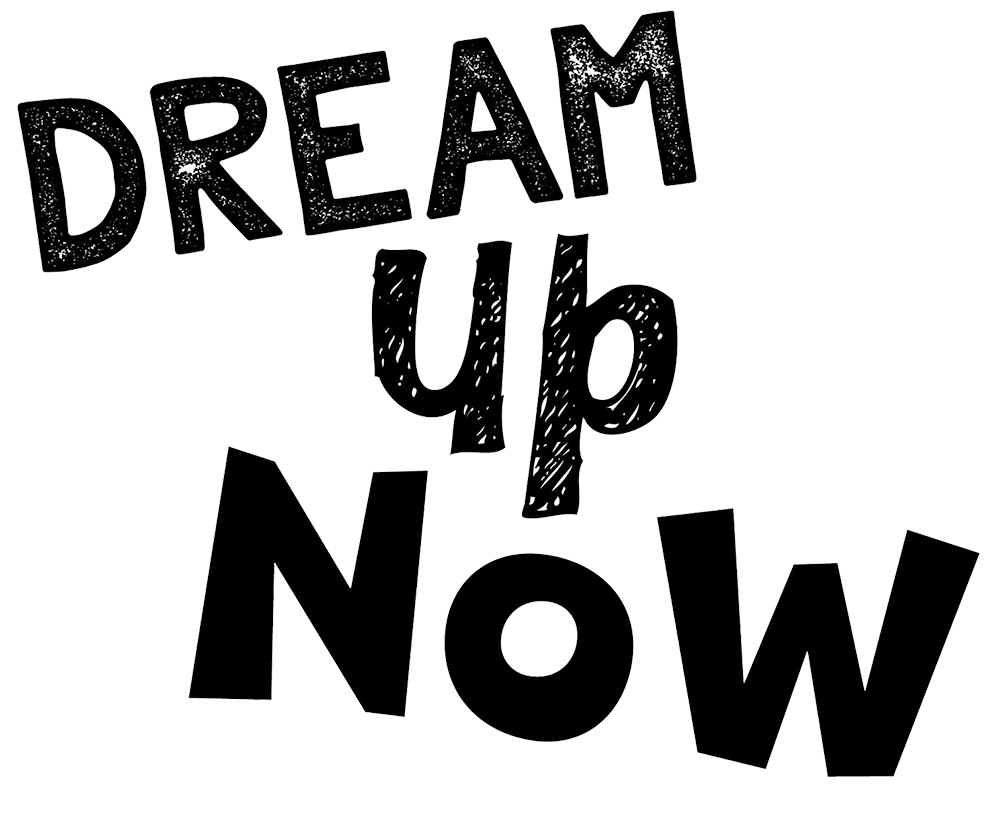http://windedwords.blogspot.com/2010/11/7-rules-part-iii-rejection.html
Everyone faces rejection. EVERYONE. The trick is learning how to deal with it. I’m going to put myself out there for censure and admit that I’ve
Jackee at Winded Words blog. Middle Grade and young Adult writer. The 7 Rules Part III: Rejection
been rejected on fulls nine times by agents this year. To some of you, that might not sound like a lot. To others, you’re likely appalled at the high number and will think there’s something seriously wrong with me.
I can’t tell you what to think of me, but I can share the seven rules of rejection I’ve gleaned from my experiences*.
1. Never send anything out until you receive that cue deep within your gut.
I’ve done it. Many of us have. But as your friend, I’m here to tell you DON’T be the one to do it. That’s right—I’m here to call a query intervention. Don’t submit until you are sure you are ready—not when a friend says it’s “good enough,” not when your mother tells you that it’s the editor’s job to fix it up for you. Listen to yourself and your book. You owe it to that book to make it the best it can be. And if you don’t know how to do that, then learn how. (These are all the tough words I tell myself when I’m in the ring—a.k.a. boxing it out with rejection.) Also, once you are ready to submit, research each house/editor/agent thoroughly to make sure your book could be a potential fit.
2. Recognize your writer’s weaknesses as well as your strengths.
Having said number one, I also want to point out you need to be positive. Pat yourself on the back for the things you know you’ve done well. Because you do have strong points whether it be great characterization, a beautiful platform, killer plot, or the perfect writing desk. There’s always something to be hopeful about!
3. You’re allowed one day to grieve the rejection then pick yourself up and work the next day.
Just like a bad break-up, rejection is a huge blow to your confidence. It’s okay that it hurts, but the next thing to do is pick yourself back up and get in the ring again. Before I married my husband, I allowed myself one day to mope over a boyfriend break-up. After that, I forced myself back to work and back to life. I do the same with rejection—I’m down for a day while I massage my hurt feelings with chocolate, long walks, and ice cream then it is back to the drawing board tomorrow.
4. Find the silver lining in the big R.
Not only can rejections have positive things written in them, but rejections can be positive in and of themselves. Much like a marriage, you want to be hitched to the very best person for you and you want to present your very best craft to that person as well. For example, my latest rejection was one of the harshest I’ve yet received. However, it was the most helpful. It opened my eyes to what was specifically wrong with the book and areas I needed to improve as a writer overall. Now I’m working on improving my craft so that I can be the kind of writer I have the potential to be. So, see? That rejection is helping me be a better writer which softened the blow of the rejection. (I didn’t even mope for a day!) To some of you, that won’t sound like a positive thing, but I really do want to be the best I can be and I appreciated her pointing out my weaknesses to help me get to that level. No one had ever been that brave before.
5. Reevaluate the things that matter most.
Writing is very important to us. BUT! It’s not the end all of end all. We have other aspects of our lives—family, friends, jobs, hobbies, etc. Keeping rejection in perspective to the grand scheme of our lives can keep us from feeling the dire, hopelessness some feel with rejection.
6. Remember entertainment is one of the most subjective fields out there.
Just as not all taste buds are the same, so are people’s tastes in books (or any entertainment for that matter). You may like eggplant while another likes parsnips. When you go to the movies with a friend, they may love the movie while you hate it. The same goes for your book. Keep that in mind when you see those three little words, “not for me”. Because truly, the book is probably not something they could fall in love with as you have. (And you really need someone who can eat that eggplant with you every day.)
7. After the sting, comes the growth.
I mentioned I go right back to work, but if the sting on that same book is still too strong, I work on something else. It’s okay to let a book sit for awhile. In fact, the best medicine for a rejection is having another book to work on. If I’m fired up about another story, the rejection doesn’t hurt nearly as bad. The feeling is better than dating a rebound boyfriend. You’ve got other options—they’re good—and you know it! …Besides, time will heal the pain from the other book and you’ll be able to look at it again. It won’t abandon you like last month’s love affair and instead waits patiently on the shelf for its turn with you.
Jackee
Words are easy, like the wind. Faithful friends are hard to find. ~ William Shakespeare
Saturday, November 13, 2010
The 7 Rules Part III: Rejection
I can’t tell you what to think of me, but I can share the seven rules of rejection I’ve gleaned from my experiences*.
1. Never send anything out until you receive that cue deep within your gut.
I’ve done it. Many of us have. But as your friend, I’m here to tell you DON’T be the one to do it. That’s right—I’m here to call a query intervention. Don’t submit until you are sure you are ready—not when a friend says it’s “good enough,” not when your mother tells you that it’s the editor’s job to fix it up for you. Listen to yourself and your book. You owe it to that book to make it the best it can be. And if you don’t know how to do that, then learn how. (These are all the tough words I tell myself when I’m in the ring—a.k.a. boxing it out with rejection.) Also, once you are ready to submit, research each house/editor/agent thoroughly to make sure your book could be a potential fit.
2. Recognize your writer’s weaknesses as well as your strengths.
Having said number one, I also want to point out you need to be positive. Pat yourself on the back for the things you know you’ve done well. Because you do have strong points whether it be great characterization, a beautiful platform, killer plot, or the perfect writing desk. There’s always something to be hopeful about!
3. You’re allowed one day to grieve the rejection then pick yourself up and work the next day.
Just like a bad break-up, rejection is a huge blow to your confidence. It’s okay that it hurts, but the next thing to do is pick yourself back up and get in the ring again. Before I married my husband, I allowed myself one day to mope over a boyfriend break-up. After that, I forced myself back to work and back to life. I do the same with rejection—I’m down for a day while I massage my hurt feelings with chocolate, long walks, and ice cream then it is back to the drawing board tomorrow.
4. Find the silver lining in the big R.
Not only can rejections have positive things written in them, but rejections can be positive in and of themselves. Much like a marriage, you want to be hitched to the very best person for you and you want to present your very best craft to that person as well. For example, my latest rejection was one of the harshest I’ve yet received. However, it was the most helpful. It opened my eyes to what was specifically wrong with the book and areas I needed to improve as a writer overall. Now I’m working on improving my craft so that I can be the kind of writer I have the potential to be. So, see? That rejection is helping me be a better writer which softened the blow of the rejection. (I didn’t even mope for a day!) To some of you, that won’t sound like a positive thing, but I really do want to be the best I can be and I appreciated her pointing out my weaknesses to help me get to that level. No one had ever been that brave before.
5. Reevaluate the things that matter most.
Writing is very important to us. BUT! It’s not the end all of end all. We have other aspects of our lives—family, friends, jobs, hobbies, etc. Keeping rejection in perspective to the grand scheme of our lives can keep us from feeling the dire, hopelessness some feel with rejection.
6. Remember entertainment is one of the most subjective fields out there.
Just as not all taste buds are the same, so are people’s tastes in books (or any entertainment for that matter). You may like eggplant while another likes parsnips. When you go to the movies with a friend, they may love the movie while you hate it. The same goes for your book. Keep that in mind when you see those three little words, “not for me”. Because truly, the book is probably not something they could fall in love with as you have. (And you really need someone who can eat that eggplant with you every day.)
7. After the sting, comes the growth.
I mentioned I go right back to work, but if the sting on that same book is still too strong, I work on something else. It’s okay to let a book sit for awhile. In fact, the best medicine for a rejection is having another book to work on. If I’m fired up about another story, the rejection doesn’t hurt nearly as bad. The feeling is better than dating a rebound boyfriend. You’ve got other options—they’re good—and you know it! …Besides, time will heal the pain from the other book and you’ll be able to look at it again. It won’t abandon you like last month’s love affair and instead waits patiently on the shelf for its turn with you.
So… what helps you deal with rejection? How do you know when you’re ready or will be ready to submit?
So… what helps you deal with rejection? How do you know when you’re ready or will be ready to submit

